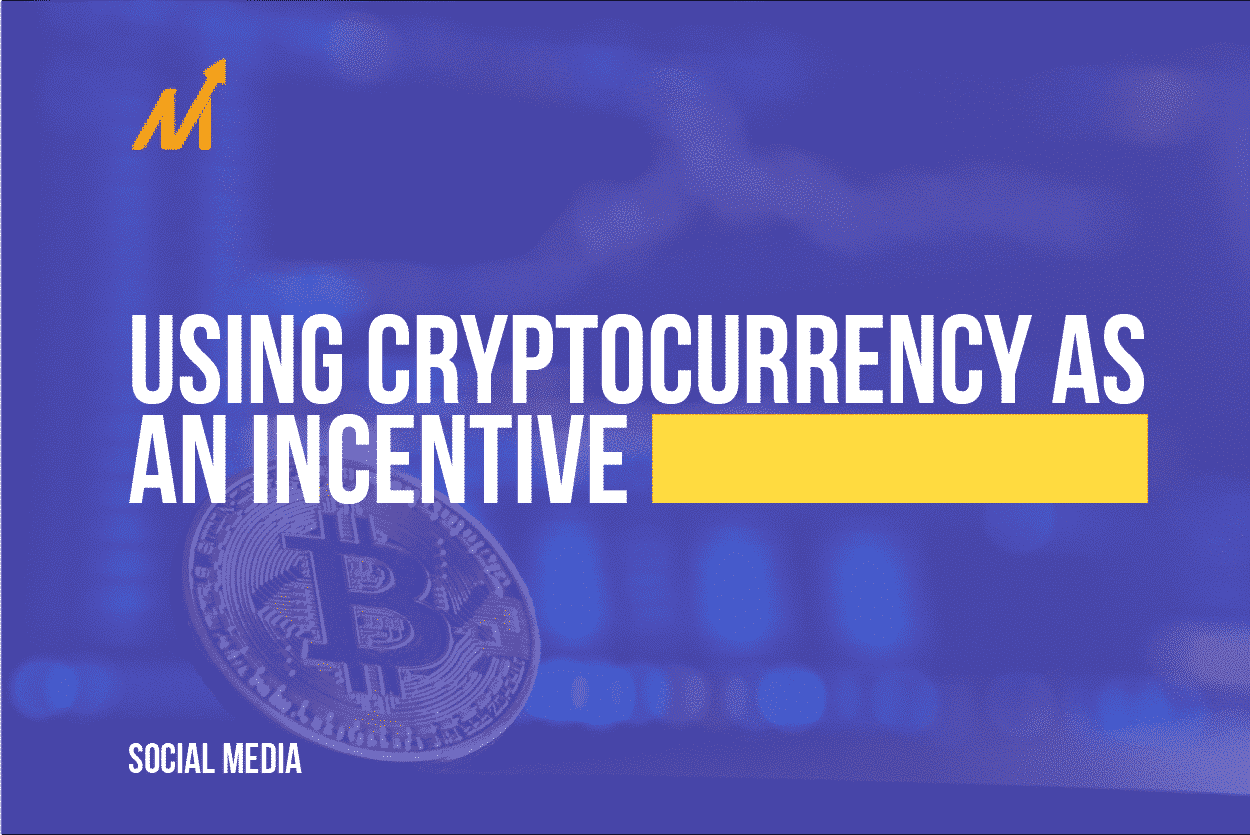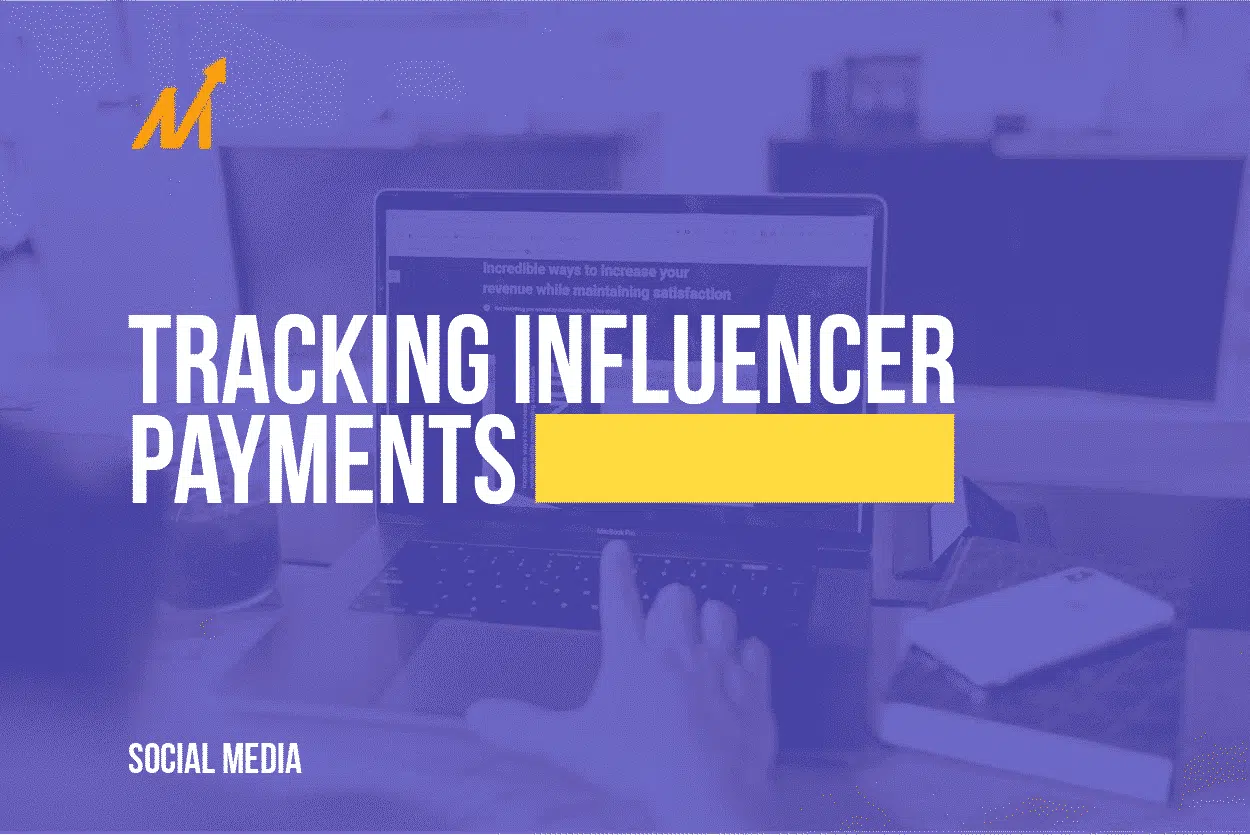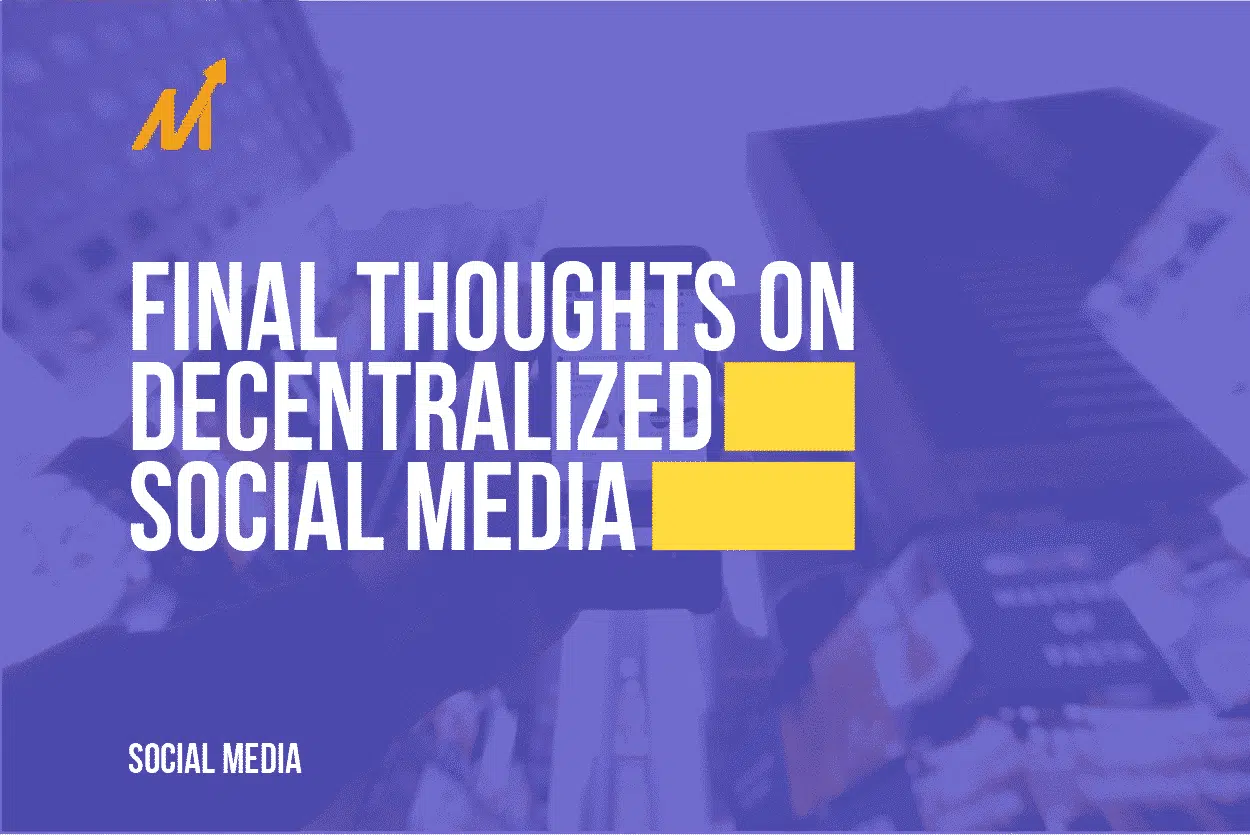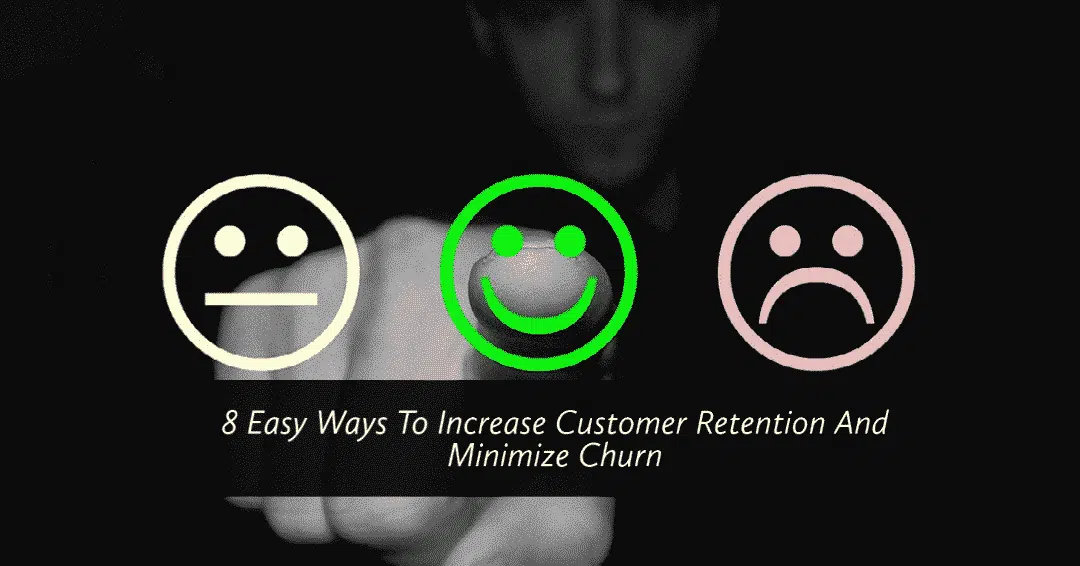For the first time since the creation of mainstream social media platforms, the number of American users with at least one social media profile decreased in 2018. People are choosing to leave social media platforms for many reasons, from the platforms’ negative effect on mental health to the general mistrust of platform owners. Users are increasingly becoming aware of the amount of power single entities hold over their information. However, a move toward decentralized social media could put power back in the user’s hands.
Many social media profiles are connected to email addresses, phone numbers, and other personal identifications. Wherever there is data, there is scope for breach. The need for a system that separates a user’s profile from their sensitive information online is greater following security breaches on Facebook, Twitter, and more.
However, having access to user information is essential to social media marketers, who rely on using customer data to deliver personalized content. It is estimated that social media marketers could be losing up to $16.4 billion, making content for fake bots and fake views on social media platforms.
How then can we have a system that ensures real profiles, but protects the user’s sensitive information? Blockchain and decentralized social media marketing could be the answer.
Blockchain is a database authenticated by a wider community, rather than one central authority. The technology can return control of personal data to users while still allowing marketers to deliver targeted ads.
Here are a few ways decentralized social media can improve online social networks.
Getting rid of centralized bias and oversight
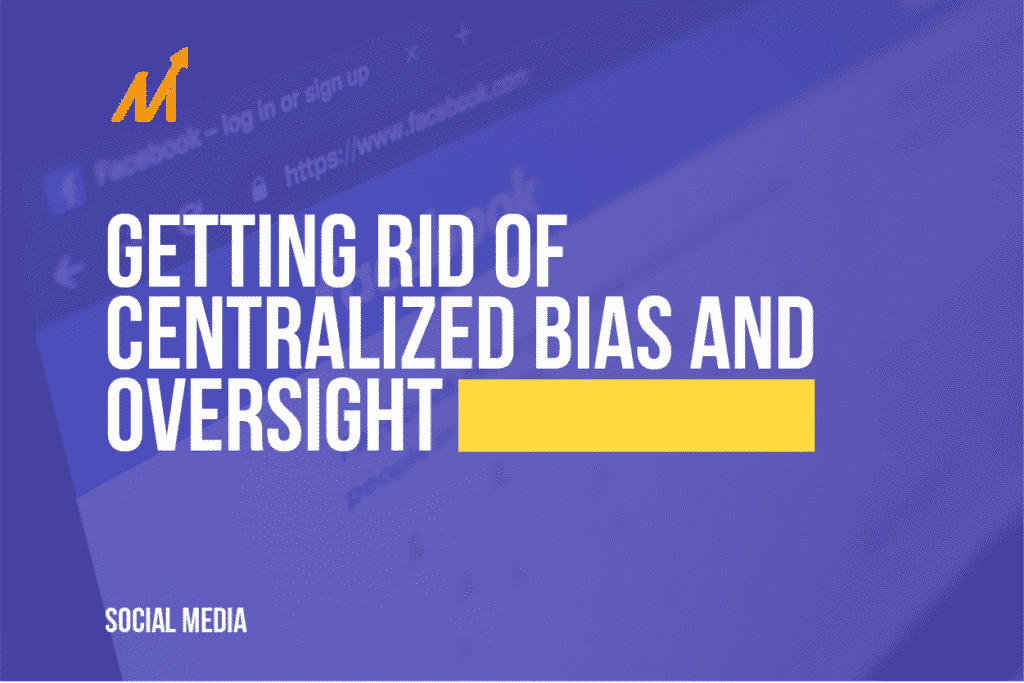
Facebook, Twitter, and Google are networks that can be censored by the government and have algorithm biases on their platforms. These companies have control over where to direct consumers on their sites.
Blockchain can take out centralized bias and oversight, returning social networks to peer-to-peer interactions. This will make social networks highly transparent.
Decentralized social media would have no central server. The entire network itself will oversee the management of the social network, using blockchain technology. Facebook, YouTube, or any other single entity cannot control all of the content on decentralized social media.
Governments have even cracked down on users who use social media apps to share political messages. Some apps claim to offer encryption, but still, produce metadata that third parties can use to see who sent and received a message. When social apps share personal information to authorities, users no longer have freedom of speech.
Decentralized social media would make it so that actions or messages cannot be tied to a single person. A user could create a profile on the decentralized network, but have a unique code as their identifier, rather than personal information. The user will be in control over what information they release to the network.
Removing middlemen

Social media marketers rely on third-party tools for collecting and validating customer data. However, marketers are not the only ones who can access consumer data. Online scammers can purchase the data as well.
As a result, consumers have been a victim of fraudulent ads and malware attacks. Many consumers have been forced to use ad blockers because they can no longer trust the ads they are shown.
Blockchain creates a direct connection between the business and the consumer. The expectation is that this connection will result in more privacy since consumers now will have the freedom to choose which business can access their data.
Social media marketers have relied on third-party tools to validate their data. With blockchain, these marketers will be able to validate their own data and have no use for middlemen. This ensures accurate information, and that real consumers view their ad.
Removing the user as the product
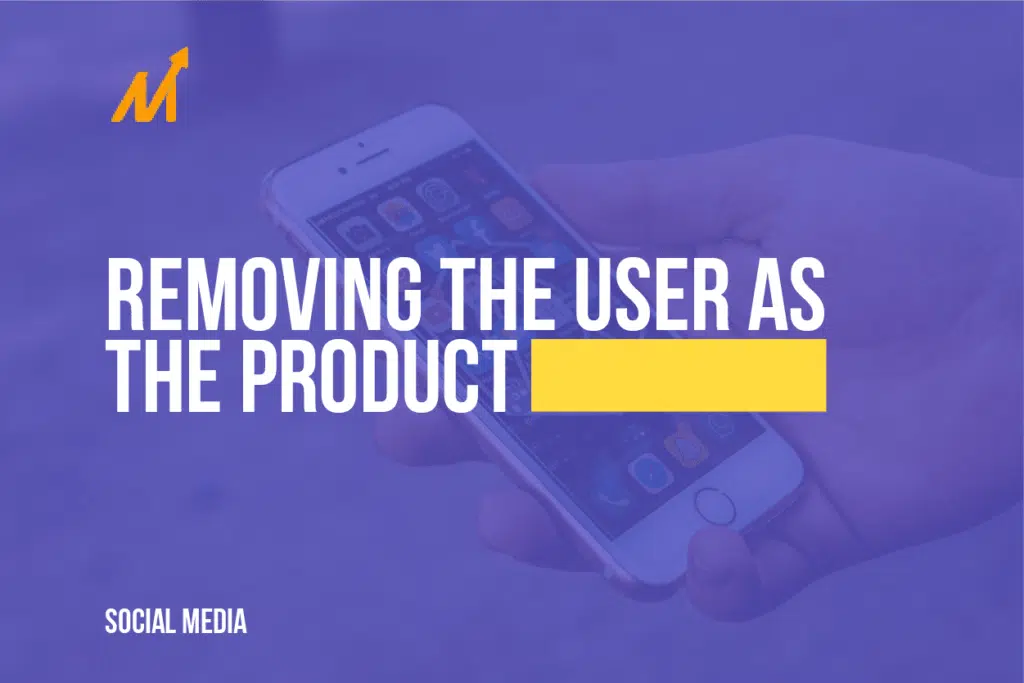
Social media platforms offer free access to their sites in exchange for a user’s personal information. The wealth of information is then sold to the highest bidder. However, the bidder could be anyone from hackers to government-sponsored agencies. In this system, the consumer becomes the product, since social networks make money off of their information. Blockchain will work to remove the user as the product.
Instead, advertisers who want to show their ads will go straight to the source and pay consumers. Advertisers already spend huge amounts trying to access detailed user information. However, third-parties are paid instead of the user, who is the true owner of said information.
Content creators stand to benefit the most from decentralized social media. Creators would be fairly and directly compensated in cryptocurrencies for creating valuable content. Payment would go toward the creator rather than the platform reaping the rewards.
Using cryptocurrency as an incentive
Cryptocurrency can be introduced to interactions online within a blockchain-based decentralized social media platform. With the removal of middlemen and selling user information to third parties, someone still has to pay to keep the blockchain up and running. One solution is a system that offers cryptocurrencies as an incentive to blockchain node hosts.
On the user end, marketers can ask consumers if they would like to share their data with companies in return for cryptocurrency. By creating a financial incentive for users to interact with content, social platforms can provide another reason for users to return.
Taking this exchange a step further, platforms can offer more cryptocurrency to higher-quality posts. This, in turn, can improve the overall quality of the social network.
Another bonus is that transactions are faster and safer using blockchain. A crypto-based social platform can allow for more ways to pay while offering security. Cryptocurrency can offer lower exchange fees around the world and for other cryptocurrencies on the blockchain. A breach is virtually impossible because of the decentralized nature of the network.
Utilizing smart contracts

Another issue facing social media marketers is being able to validate impressions on ads. Some companies use the lack of transparency to their advantage and create fake impressions or accounts. Clients then pay for these impressions from bot accounts but do not receive the benefits of an actual audience, such as an increase in their sales.
Decentralized social media could use smart contracts to eliminate this issue. Imagine a company hires a digital marketer to raise the impressions on their profile. The two agree to the terms and desired results and create a smart contract. The contract automatically releases the payment once the agreed terms are met. The digital marketer receives payment without delay and everyone can be assured that the views are real and the money was spent wisely. All of this is possible with blockchain technology.
Also with smart contracts, it becomes easier for digital marketers to offer their services across the globe. As mentioned earlier in this post, people can exchange cryptocurrency with lower fees and at a faster rate than exchanging global currencies. Smart contracts guarantee proper payment for marketers and security for businesses.
Tracking influencer payments
Using blockchain technology, marketers and influencers alike can verify an influencer’s audience. Marketers can see if an influencer’s audience is real and not bots. The decentralized network allows access to real-time information that provides an accurate view of an influencer’s work.
Blockchain ledgers can track user interactions with an influencer and provide the metrics necessary for fair compensation. Smart contracts can then automatically pay influencers based on the number of interactions on their posts.
Creators who have a massive audience should receive their fair share from the platform itself. YouTube remains one of the few large social media platforms to give their creators a share of the revenue from ads placed on their videos. On the other hand, influencers on Instagram and Snapchat often sign brand deals but have yet to be directly compensated by their platforms. Having decentralized social media could change this practice.
Enabling greater ROI for marketers

Marketers have to trust that real consumers and not bots see their social media ads. Blockchain can help with identity verification of user profiles. Each profile on the chain must be run by an actual person, but blockchain can ensure that their identity is protected. For example, each user can receive a unique hash for their profile, rather than entering their email and phone number to sign up for a platform.
A decentralized social media platform will benefit business owners who no longer want to market on social media, where inaccurate ad impressions are commonplace. Marketers can get a clearer picture of consumer behavior and can make better use of the data. Marketers will experience greater ROI, while users will experience fewer online scams.
Marketplaces online will become more prevalent in decentralized social media. The Blockchain can create groups of individuals interested in a product, making it easier for marketers to target better leads. Marketers achieve a greater return on their time, as these marketplaces have people who are more likely to buy the product.
Final thoughts on decentralized social media
Decentralized social media increases user trust, enables better influencer marketing campaigns, and increases a marketer’s ROI. Each year, social media platforms dissuade users when they fail to protect their personal data. Users are beginning to demand control over their data, security online, and even financial compensation for their contributions to platforms.
Social media platforms may not like this approaching change. They are the ones who stand to lose a great deal of control and power over information. Not to mention the potential income they generate from this control.
Regardless, a blockchain-based decentralized social platform has multiple beneficial applications, both for users and digital marketers. Blockchain’s inherent properties of transparency, security, and accuracy make it attractive to users who are tired of having their personal information used for a large platform’s financial gain. A decentralized social media platform can alleviate user pain points while fostering real and valuable interactions online.
—
A top-notch digital marketing agency needs to keep up with all trends, whether they affect businesses or consumers. Markovate has the experience and flexibility to help reach client goals. Call us today to create your custom marketing plan.


